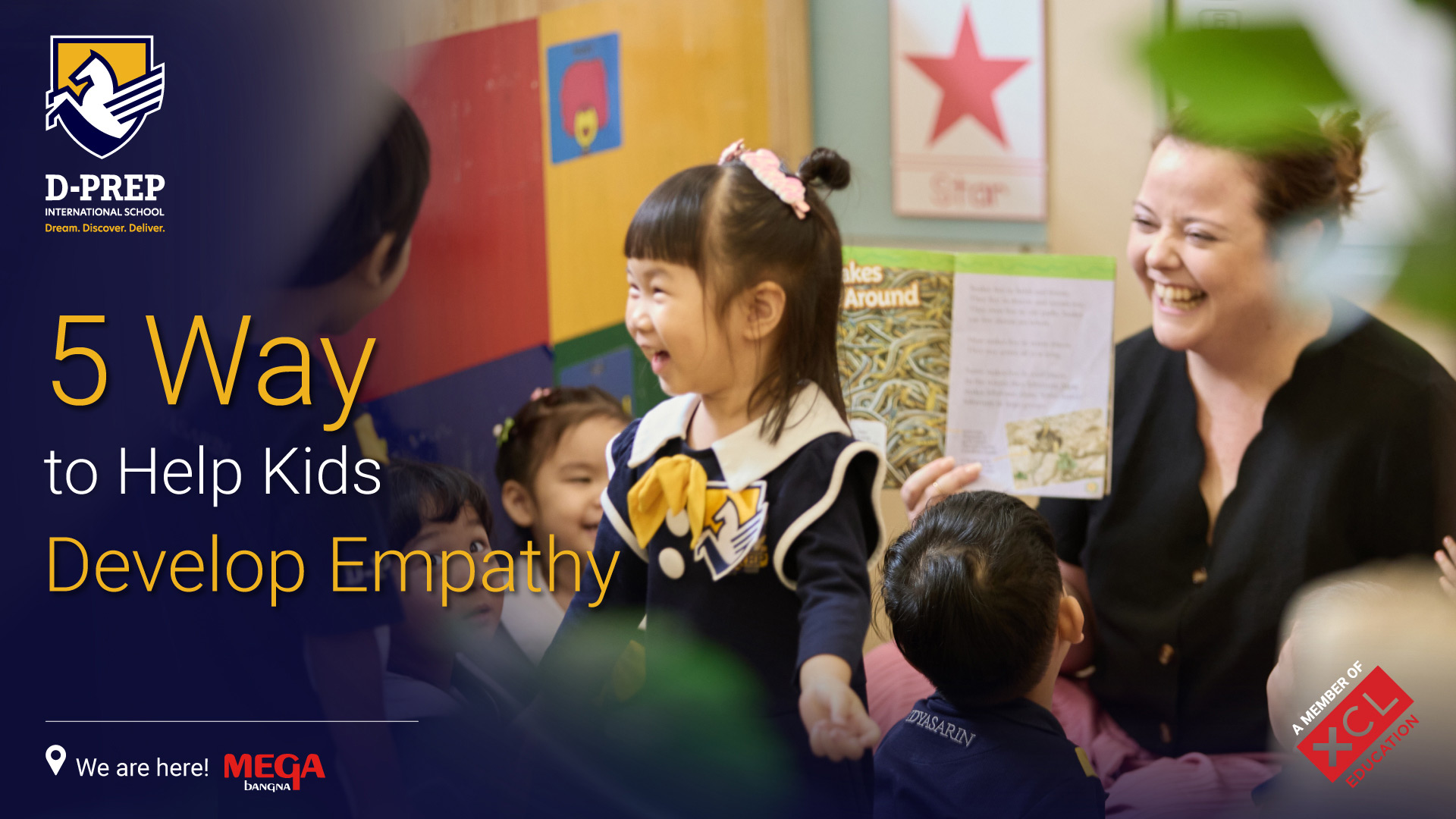Bullying is a difficult topic for parents. On one side, they want to take action and help their kids. On the other hand, parents do not want to be called a tattletale and risk making school life worse for their children. It’s a complicated issue to face, and if you’re a parent looking out for your child’s safety, this article is for you.
But before taking action to make your child’s school a safer place, let’s first take a closer look and understand the roots of bullying.
What is bullying?
Bullying is the use of unsolicited aggression meant to dominate or intimidate others. This behavior usually happens more than once and includes threatening, attacking, spreading rumors, or isolating someone purposefully.
Bullying comes in many forms, including verbal, psychological, physical, and cyberbullying. According to the Bullying Prevention Advisory Group (BPAG), bullying happens when students have problems or are unhappy. They often use aggression to show power and compensate for a lack of attention or love at home. Bullying can also result from a hostile environment where children judge others based on prejudices from their family and social community.
What can you do to prevent your child from being bullied?

Seeing or hearing about your child being bullied is painful. Fortunately, there are six things you can do to help prevent it:
1. Observe
One of the best things parents can do to prevent bullying is to be aware of their children. Don’t let your hectic work schedule prevent you from noticing changes in your child’s behavior. These changes can be as simple as losing appetite, avoiding social situations, or having unexplainable injuries. If you suspect your child is a bully, watch out for signs of aggression, frequent detention, and unexplained extra money or new belongings.
2. Talk to your child
When you fill a balloon with water, it starts to expand. When you fill it with more water than it can contain, the balloon will explode. This concept also applies to emotions, especially with children. As a parent, initiating conversations with your child is vital to help them release tension instead of bottling up their feelings. Talking to your child also makes them feel heard and understood while keeping you updated on what’s going on with their school life.
Make your child feel safe and comfortable sharing their feelings and let them know you care. Conversations are a great way to observe your child and watch out for signs of bullying. Even something as simple as asking them about their day can make a massive difference in helping them deal with complex and confusing situations at school.
3. React calmly
Reaction matters. Children who are comfortable talking to their parents can sometimes share shocking news. When this happens, stay calm and let them know it’s safe for them to talk. Parents’ reactions heavily affect how children perceive them. If a child is sharing something terrible at school, it’s best to react calmly instead of panicking and threatening to call the school or the parents of the students involved. That way, the child can feel safe sharing their feelings and secrets, knowing that you won’t react negatively.
4. Avoid giving them unnecessary pressure
Some parents place their unfulfilled dreams on their children. While exposing your child to different activities is good, don’t pressure them into excelling in a sport or activity you see is making them unhappy.
Many students’ problems stem from the overwhelming pressure and expectations parents place on them. Because they can’t process or regulate these feelings properly, they tend to take them out on others to feel a sense of control. By letting them choose their hobbies, children gain control and are less unhappy with their day-to-day activities.
5. Teach them what and why bullying happens
Your child may see bullying at school even when they aren’t the subject of bullying. This could confuse them, especially when they don’t understand what’s happening or why some students are hurting others for no reason.
When they start asking questions, it’s best to answer them honestly. Teach your kids about bullying and why some people become bullies. This can help your children build empathy and understand the situation when the bullying is happening.
6. Calmly talk to the school teacher
Teachers are often considered second parents, and rightly so, as they spend a significant amount of time with the students. What teachers do in class could significantly impact a child’s life. It’s best to inform teachers about possible bullying to be aware of what’s happening and monitor the students in class.
Why do kids keep bullying a secret?
Bullying is never easy, especially for a child. Being bullied makes them feel powerless and helpless. Children often try to handle the situation independently to feel in control again. They also fear being seen as weak and are worried about their parents’ reaction, as some adults make a big deal about it and contact the school. Others also fear being judged harshly.
Bullies, on the other hand, are worried and too ashamed to get caught by their parents. Some bullies also feel like no one understands what they’re going through and resort to letting out their frustrations on kids they deem weaker than them.
How does D-PREP International School handle bullying?

At D-PREP International School, we understand that students cannot learn in a violent environment. Our teachers and staff take precautions by observing and monitoring our students for signs of bullying. We also teach students the different types of emotions and promote meditation and awareness to help them understand how to deal with emotions.
D-PREP’s unique teaching style includes experiential learning and life skills. Aside from technical skills, we also teach soft skills and make sure that the students’ emotional intelligence is not neglected. We believe that teaching our students values like compassion and respect not only prevents bullying but also hones them to become great leaders in the future.
We also take bullying prevention to a higher level by working with our professional school counselor in making programs to teach students and train teachers. Our school counselor is also readily available for students who need additional help during school hours.
If you are interested in visiting the school, please contact
Address :
D-PREP International School
38, 38/1-3, 39, Moo 6,
Bangna Trad Rd., Km. 8,
Bang Kaeo, Bang Phli District,
Samut Prakan, Thailand 10540
Email: info@didyasarin
Google Map: https://info.dprep.ac.th/directions
Call: 02-105-1757, 082-1515922
Website : www.dprep.ac.th
Facebook: DprepSchool
Line: @d-prep
IG : @dprepschool






